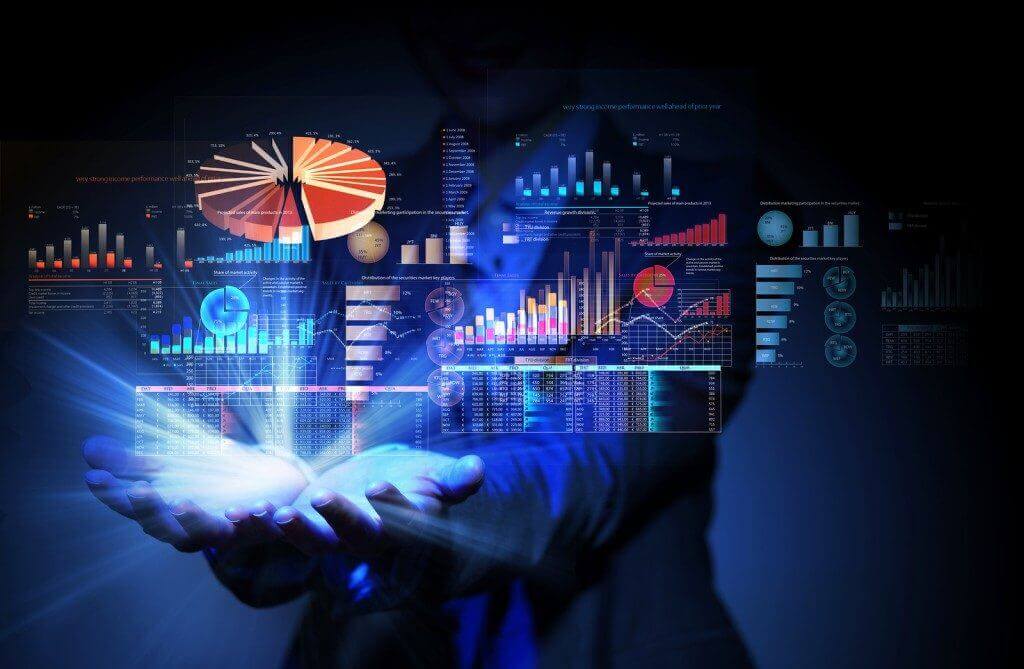
With massive amounts of data now available to hotels, it’s safe to say that all future technologies will rely on data and integrations.
The need for an independent system to collect and connect all existing data for hotels has become inevitable.
Enter the data platform, but what does that mean and how does it work for hotels?
Data analytics. Data intelligence. Harmonized data. Big data.
We’ve all heard about the endless facets of data, but data is essentially worthless unless it is properly stored, intelligently related to the various parts, and made accessible to users and other systems.
Yes, we can see and store the data, but if we don’t understand it, we’re missing out on a world of opportunities, and in turn, profits. Without the technology to bring all data together into one easily accessible location, data becomes this unmanageable monster.
A data platform combines all of the data together from various data sets and acts as a centralized hub where it can be accessed for analysis and integrations.
A hospitality data platform collects data from multiple systems (PMS, POS, channel manager, website analytics and much more), harmonizes it into usable and uniform structures, and provides managed APIs and applications to access the data.
Data silos are hindering growth in the hospitality industry due to inherit decentralized nature of the hotel and restaurant brick-and-mortar business, the lack of integrations between the numerous hotels, systems and channels we use across the industry worldwide.
While all industries are plagued by data silos, the hospitality industry seems to be the least integrated across organizations and we have yet to develop platforms to bring everything together, which is where a data platform comes in.
It might be easier to understand what a data platform is, by describing a bit of what it isn’t. A data platform isn’t just a copy of your existing data onto some servers in the cloud. That would be a backup system or a data lake.
A data platform differs in that when the data enters the platform, it is improved structurally to harmonize it amongst the various data coming in, so it is uniform and comparable when it needs to go out.
For example, in a hotel, one can have multiple ways of naming room categories, which makes it increasingly hard to compare performance of suites, doubles, singles, etc. In a data platform, such information has been harmonized to make it easier to analyze the information.
In other words, a data platform permits multiple hotels or single hotels to access the data rapidly and work with it, without needing to do the relations and harmonizations each time exports are pulled.
How data platforms work in hospitality
Hotel data
Data is vitally important to any modern business, but how you look at your data and what you decide to do with it makes all the difference.




